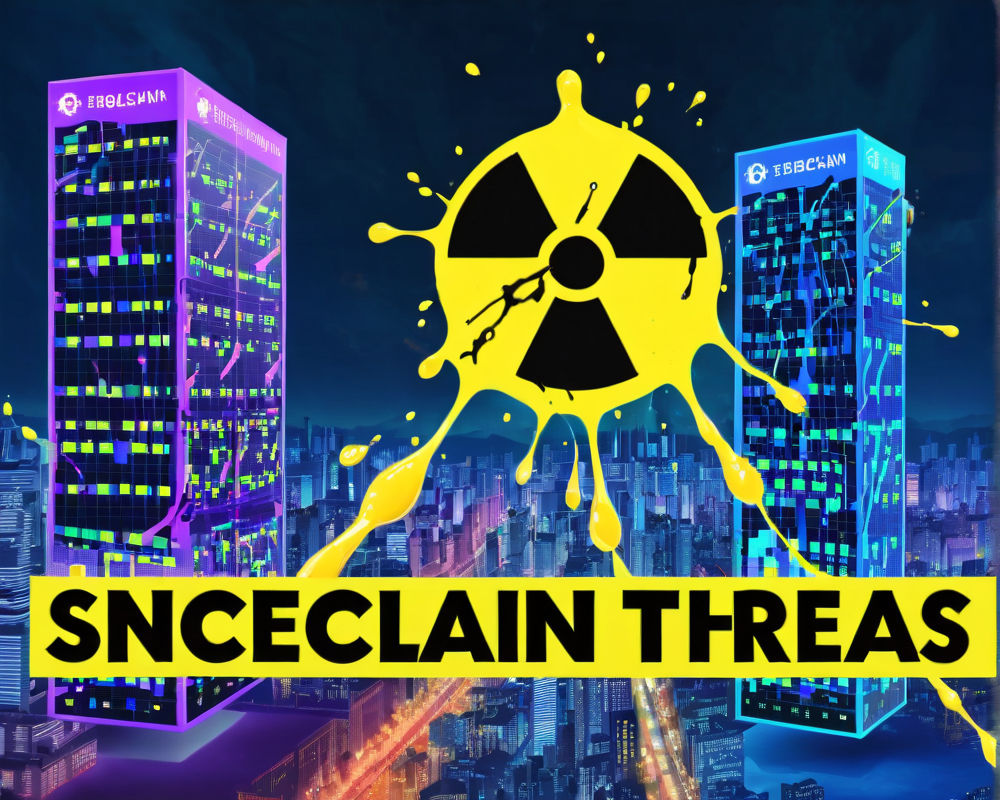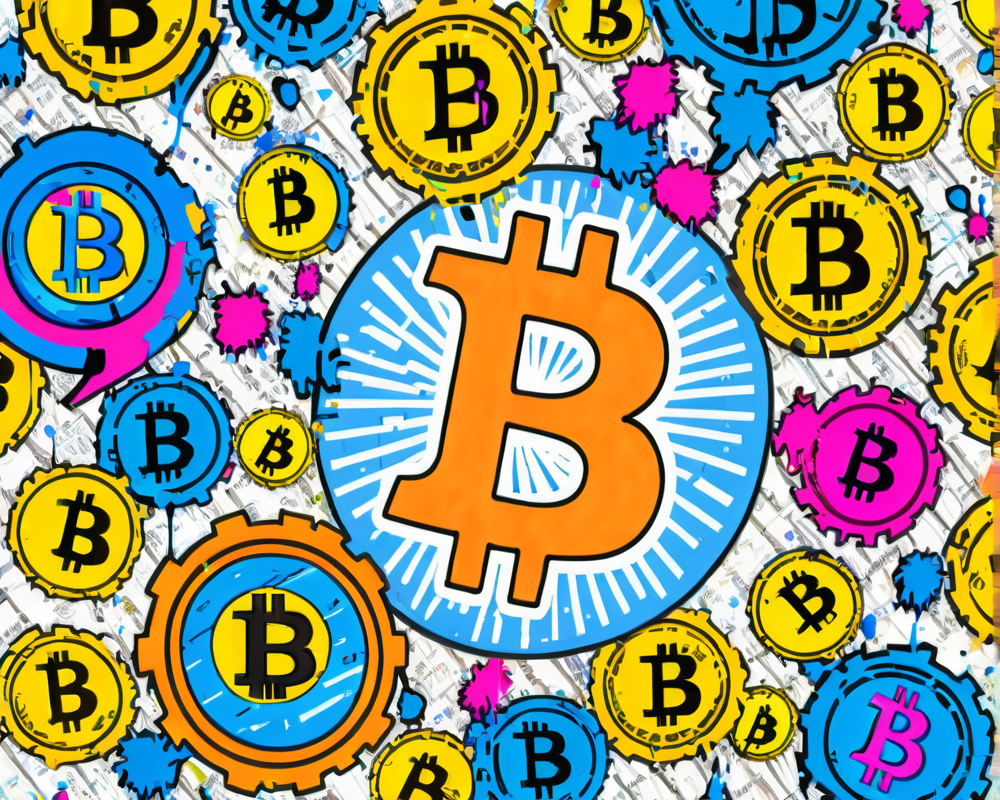A New Hope in the Face of Nuclear Threats
In an era where the word “nuclear” often sends shivers down our spines, one Russian industry expert believes that the answer to our collective fears may lie not in missile silos or diplomatic negotiations, but in the decentralized world of blockchain. Sergey Chernyshev, an expert from the Institutional Projective Engineering Laboratory, recently published some rather eye-opening thoughts on this very topic.
History Revisited: A Cold War Conundrum
To understand Chernyshev’s perspective, we must take a quick jaunt down memory lane, back to the Cold War. Imagine two superpowers—let’s call them the U.S. and the Soviet Union—planning to deploy space-based lasers aimed at knocking out nuclear missiles before they could reach their target. Sounds like a plot twist in a sci-fi movie? Well, it could have been if both parties didn’t have a major mathematical epiphany.
- The Russians, with their sharp analytical skills, recognized that having two separate missile-defense systems could lead to catastrophic outcomes—potentially leading to global annihilation.
- Chernyshev suggests that reviving this space-based defense idea could be feasible, provided a treaty is struck among member states.
Blockchain: The Digital Shield?
Chernyshev doesn’t stop at historical parallels; he envisions a futuristic approach where smart contracts facilitated by blockchain technology could be employed to ensure security in the digital realm. He argues that:
“In order to control the performance of the space shield at all stages of its development, the members of the treaty will use the technology of distributed open ledgers – i.e. the Blockchain.”
This means that all parties involved could monitor the shield’s functionality at every step, eliminating misunderstandings and reducing the risk of accidental launches—after all, we don’t want a simple coding error to trigger a nuclear response!
The ‘IT Fans’ and Their Role
Yet, Chernyshev is not blinded by tech hype. He believes that there’s too much “empty noise” being made by enthusiasts who fail to address the core question: who truly needs blockchain technology, and for what purpose? In a world where trends change faster than you can say “decentralized finance,” grounding the conversation in tangible benefits could be key.
The Pentagon Takes Notice
Interestingly enough, this isn’t the first instance where blockchain has strolled into the nuclear defense debate. In October, it was reported that the Pentagon was also considering blockchain for two vital applications:
- Enhancing nuclear weapon defense mechanisms.
- Securing communication channels through message encryption.
So, while Chernyshev’s ideas might seem like a radical departure from conventional thought, the right kind of endorsement could nudge blockchain from the fringes of innovation into the heart of international security protocols.
Conclusion: A Digital Deterrent?
As we wade deeper into uncertain geopolitical waters, ideas like those proposed by Chernyshev deserve a closer look. Could blockchain really be the ace in the hole we didn’t know we needed against the specter of nuclear Armageddon? Only time, and perhaps a couple of smart contracts, will tell.




